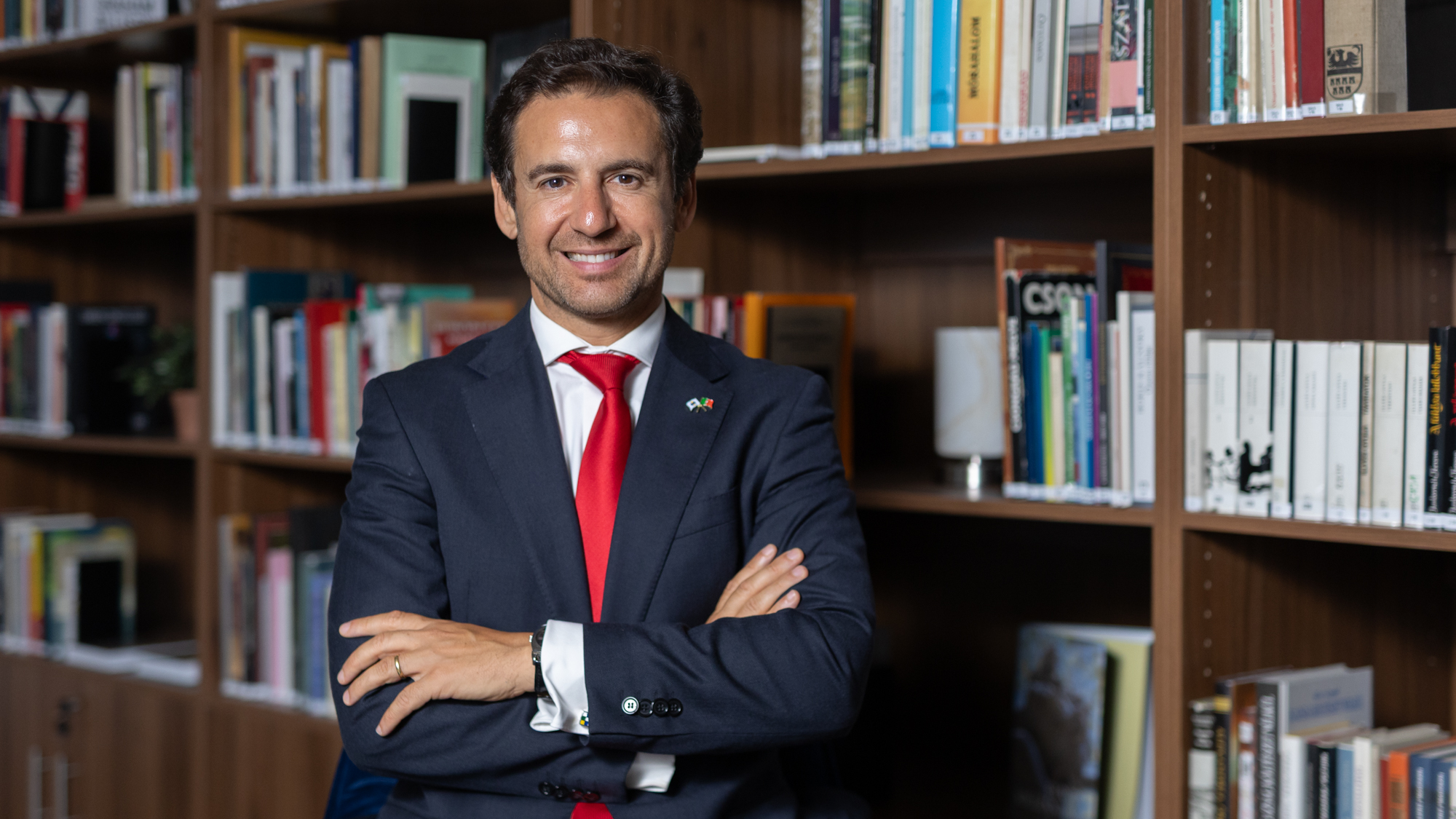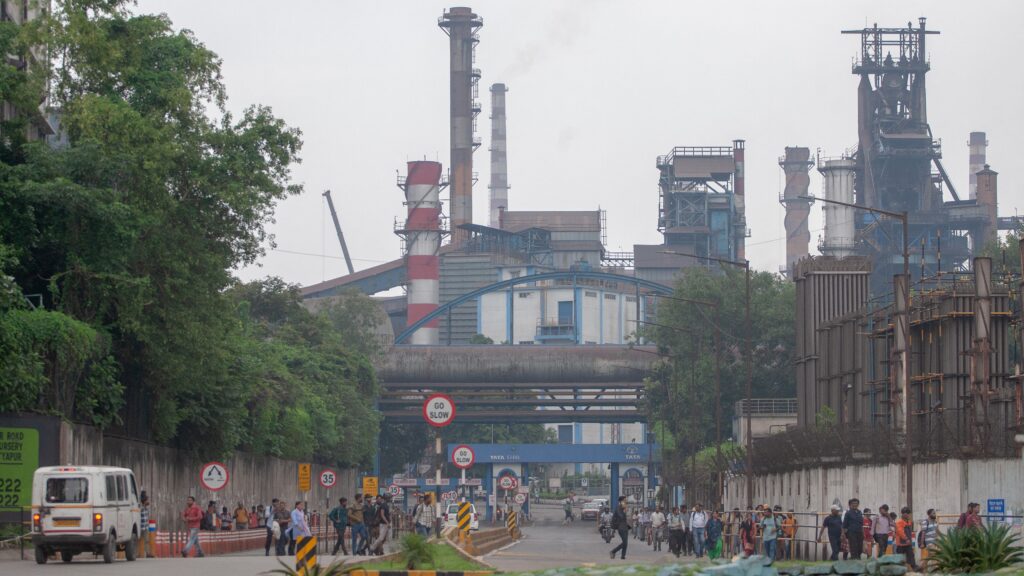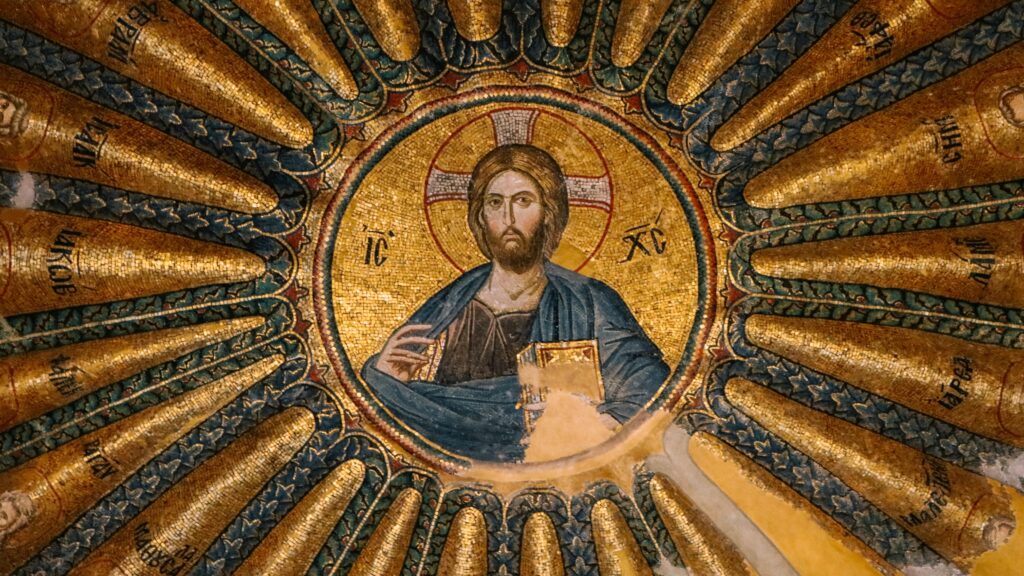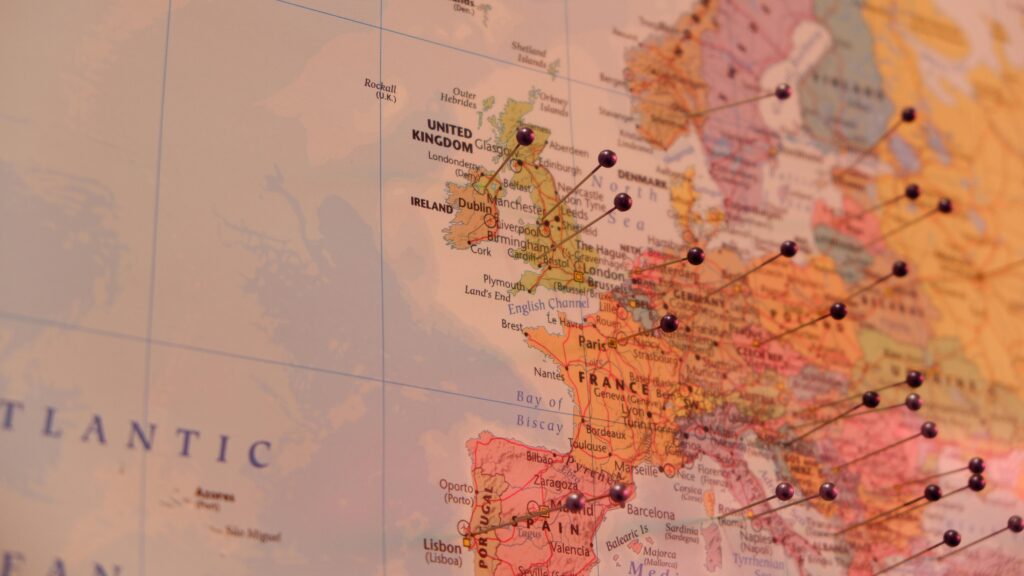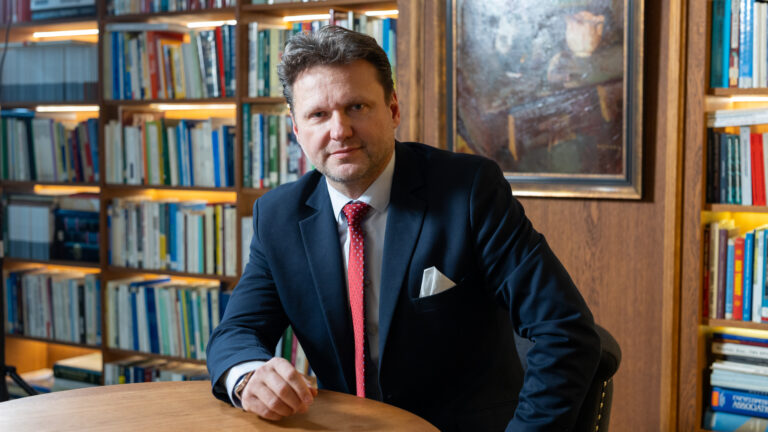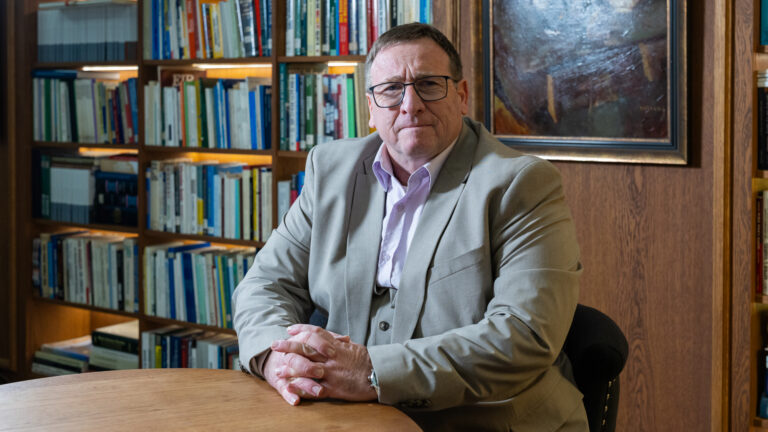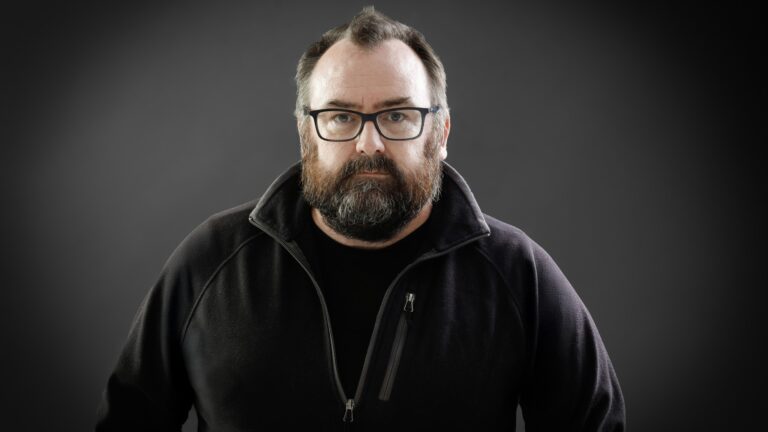Pedro Dos Santos Frazão is a Portuguese politician and vice president of Chega. A prominent voice on migration and national sovereignty, he was a featured speaker at the MCC–MRI joint summit in Szeged. On the sidelines of the conference he spoke with Hungarian Conservative about Portugal’s surge in immigration, his party’s proposals for regulated labour migration and remigration incentives, and broader institutional reforms—including calls for a new constitution—to counter what he describes as judicial obstacles to conservative policy. He also issued a stark warning that Europe may face civil war if mass migration is not reversed, stressing that nations could be forced to ‘reconquer their own territory by force’.
***
You described uncontrolled migration as a time bomb for Portugal. Is the bomb still ticking or are we nearing detonation?
Yes, it’s still ticking and we may be only a few years from the point of no return. Why? Because in the last 10 years we went from roughly 400,000 immigrants in Portugal to about 2 million. The official number is 1.6 million, but we believe the real figure is closer to 2 million. Portugal is a country of around 10 million people, which means immigrants now represent around 20 per cent of the population. These immigrants are beginning to ask for political rights—and next month we have local elections in Portugal. Those with residency can vote in local elections, and some are already running for office, mainly for the far left and other leftist parties.
Why is that a problem? Because once they are elected, they will start making demands, and the cultural clashes we already feel in the streets will be reflected in our legislatures. The major increase in immigration in recent years has not come from Christian or Portuguese-speaking countries such as Angola, Mozambique, Cape Verde or Brazil—which used to be the traditional sources of immigration to Portugal. Instead we’ve seen a wave of arrivals from Morocco (including by boat), and also from Bangladesh, Pakistan and India. This is partly because António Costa, our former prime minister, travelled to India with the aim of opening migration routes to Portugal, and he publicly welcomed people to come to Europe and to Portugal. This opening of our borders brought the current flows.
‘Portugal is a country of around 10 million people, which means immigrants now represent around 20 per cent of the population’
The Socialist Party was punished in the last general elections—they are now the third party. They previously governed with an absolute majority; now they are only the third party. Chega is ascending; in the polls we are the party with the highest voting intention. The problem is that we tried to pass an anti-migration law together with the Social Democrats, who are now in government. That law, passed by the Chega–Social Democratic majority in parliament, was declared unconstitutional by the Constitutional Court. The Constitutional Court has 13 judges, and most of them were nominated by the Socialists when they were in power. The vote was 7 against 6: seven judges, aligned with the Socialists, said that the anti-migration law was unconstitutional. So the law was sent back to parliament and we must make adjustments and re-submit it. We are facing a judicial obstacle that is preventing the right-wing government, with Chega’s support, from doing what we consider necessary.
What needs to be done, in our view, is to close the borders and start a remigration programme to send people back who do not have jobs or who live on social benefits. We are even prepared to offer financial incentives to facilitate return: if you give €5,000, €10,000 or even €15,000 to someone to go back to Pakistan, for example, they can be relatively well off in their home country, start a business and rebuild their life. For Portugal it is, we argue, better to pay that sum and send them home than to keep them and wait for the bomb to explode.
You often distinguish between qualified and unqualified migrants. How do you define these categories?
A qualification can be many things—a fisherman, an agricultural worker, an architect, a doctor, an engineer. It does not have to be a university degree. What we defend is that Portugal should set, each year, a number of open applications per sector: agriculture, fisheries, industry, services. Social Security should survey companies and businesses to assess how many workers the country needs, then compare that with the number of unemployed people in Portugal and calculate the gap.
Based on that, we should open a determined number of immigration slots to other countries. That is how Australia, Canada and the United States do it, and it is how the United Kingdom is doing it now. We do not want to close the borders completely; we want to regulate them and admit people who are qualified for the work we truly need.
Returning to the Constitutional Court ruling you described: other countries are also struggling with what Viktor Orbán has labelled ‘judicial activism’ in migration-related cases. How can nation states push back against this?
I think we must wait until the mandates of the current constitutional judges end, so we can nominate new ones aligned with our policies. But my party also believes Portugal should remodel the entire political system—that is why we talk about a Fourth Republic. Portugal was a monarchy until 1910, then the First Republic lasted until 1926. From 1926 to 1974 we had a different regime, and since 1976 we have been in the Third Republic under the constitution written then. My party argues for a new constituent assembly and a new constitution to reshape our political model.
The 1976 constitution contains an opening paragraph that leans towards socialism, and a constitution should not enshrine a political ideology. It should be neutral. Our constitution also forbids referendums on certain matters, for example on restoring a constitutional monarchy. There are movements in Portugal that favour that discussion, yet the constitution prevents such a referendum. These features reflect the influence of far-left members of the constituent assembly in the 1970s—we think the constitution has defects that should be corrected to give citizens more freedom of choice.
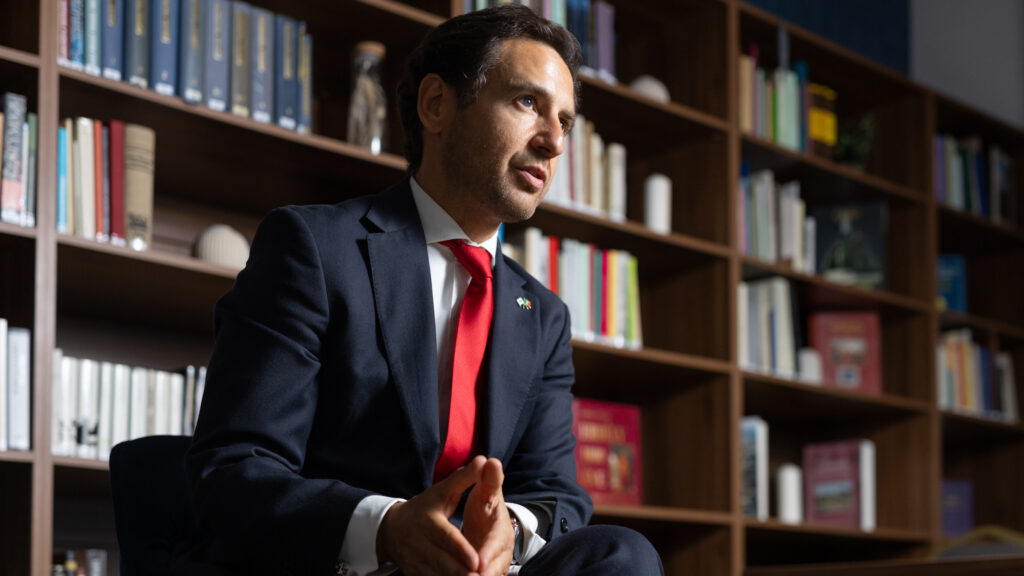
Back to your earlier point—is there a real chance migrants will be elected in local elections?
Yes. Residents have the right to vote in local elections and to run for office even if they are not citizens. So migrants with residency can both vote and be elected.
As we have seen, for example in the United Kingdom, especially with some Muslim candidates being elected, there are attempts to alter legal and political systems to promote Sharia. Do you see this as a real threat in Portugal?
Yes, it concerns me and many people in Portugal. There is a Facebook page called Portuguese Islamic Party that illustrates this trend. With immigration from Morocco, Pakistan, India and Bangladesh we have seen religious leaders arrive who preach a politically oriented Islam. Portugal historically had Muslims—for example Ismaili communities and Aga Khan followers—who were not fundamentalist and separated religion and politics. But the recent arrivals include people who preach a political Islam with an ideology of conquest. In their preaching they may denounce Christians as infidels and make other hostile statements. They demand more political rights.
There are worrying examples abroad: in Belgium there is a party with an Islamist profile that gained council seats and advocated prohibitions on alcohol, segregation of men and women on public transport, mandatory halal meals in schools—effectively promoting sharia in public life. We cannot accept this.
I can give a concrete example from Portugal: an entrepreneur owning five supermarkets initially employed new Muslim arrivals and all seemed fine. But when several of them became the majority of employees in a store, they began to demand exemptions for Ramadan and that products containing pork not be touched. In Portugal we eat a lot of pork—ham, presunto, sausages—and many supermarket products contain pork. When a workforce reaches a majority and starts to make cultural demands rather than adapt to local customs, that creates serious social tensions. That is the kind of dynamic we fear if such communities become majorities in workplaces or neighbourhoods.
There seems to be a wake-up among Europeans, especially younger generations, as shown by your party’s rise. How do you see these trends affecting Europe over the next five years?
We should have hope, because among younger voters we are already the first party. But we cannot ignore that the entire system—the globalist centre, the centre-right, the centre-left and the extreme left—will unite against parties like ours. That has happened in France, it is happening in Germany, and also in the United Kingdom. At some point we may face a civil war across Europe. If we don’t send these people back to their countries, we will reach the point where we have to reconquer our own territory. And if we wait too long, I’m afraid it will have to be by force.
For example, in France there are already neighbourhoods where Sharia law is imposed and where you simply cannot go. A woman cannot walk there in a short skirt. If the police try to enter, they are attacked and pushed back, and then they must return with the army. So I fear we are very close to the point of no return—and that at some point we will have to reconquer our own territory by force.
Read more of our interviews:

